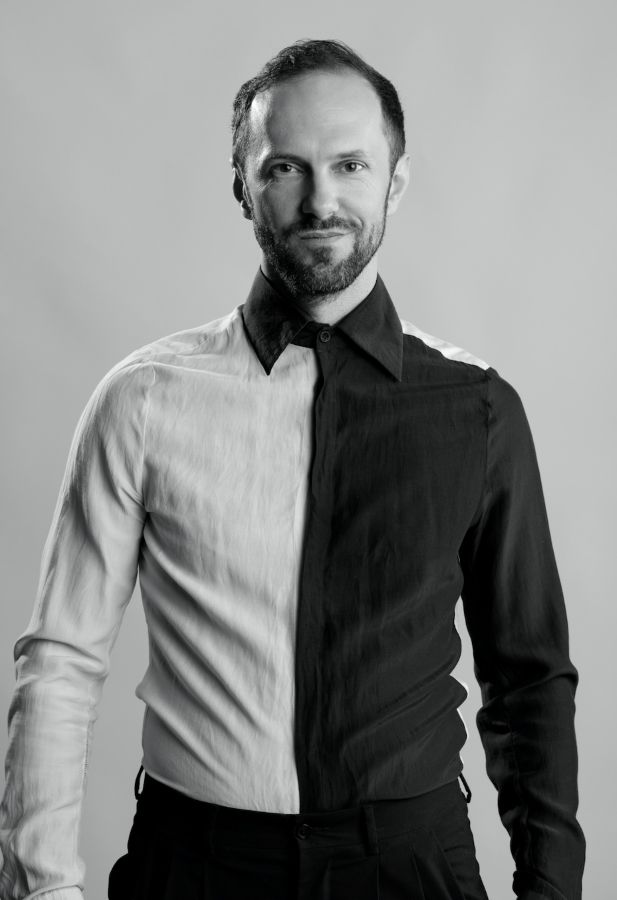There are only a few events taking place within Europe now that manage to go beyond the commercial realm of fashion, and Fashionclash is one of them. For more than 15 years, Branko Popovic has celebrated fashion as an intelligent, involving, committed and multilayered discipline, inviting designers, performers and artists to contribute to the Festival.
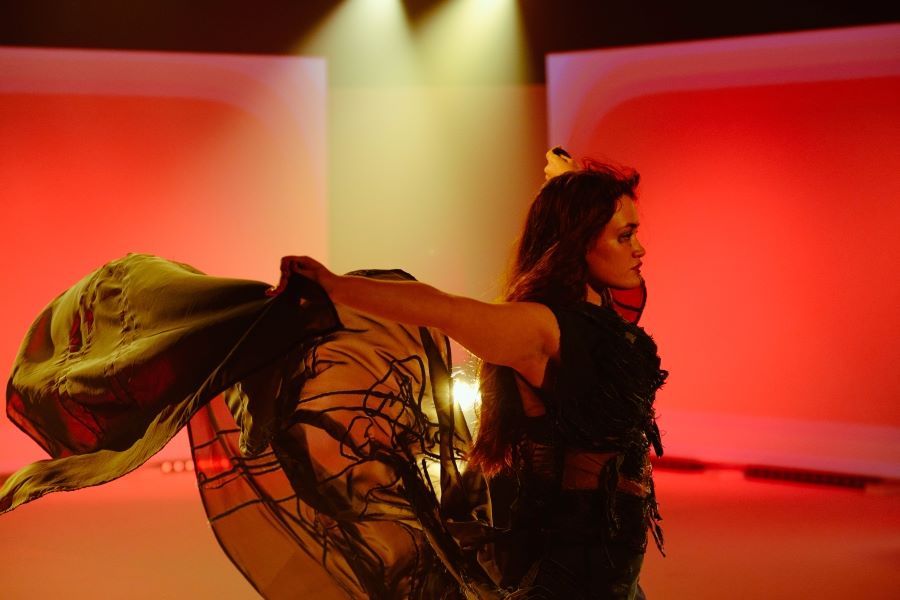
The latest edition of Fashionclash, which took place in Maastricht, emphasized key themes related to fashion, such as belonging, identity, gender, politics and otherness. It included emotional performances, as well as inspiring exhibitions. For 3 days, the city of Maastricht became a visual and brainstorming haven for fashion lovers, offering industry insiders the opportunity to meet and exchange ideas around their favorite topics.
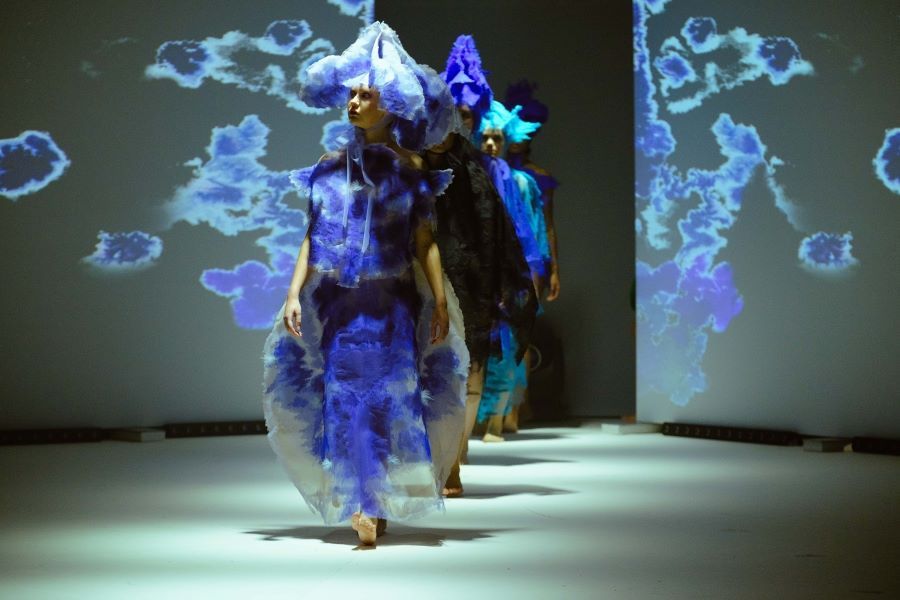
We sat down with Branko Popovic to discuss this year’s edition, understanding the concerns of a younger generation and why he thinks the Festival has become a safe place for a burgeoning fashion community.

Within your closing statement on stage, you mentioned Fashionclash was finally moving away from the show format to embrace performance. Why is that format better suited to the Festival?
With this edition, we did focus on performances, because I believe it can provide you with unique experiences as a viewer, which you may not be able to enjoy elsewhere. Certain performances, such as the one orchestrated by MAASH in Brussels, could be replicated elsewhere or even adapted to a new context. That’s the great thing about performance, it has a life of its own and can keep on evolving creatively. I think the experience of a runway show is perhaps not the same as it used to be.
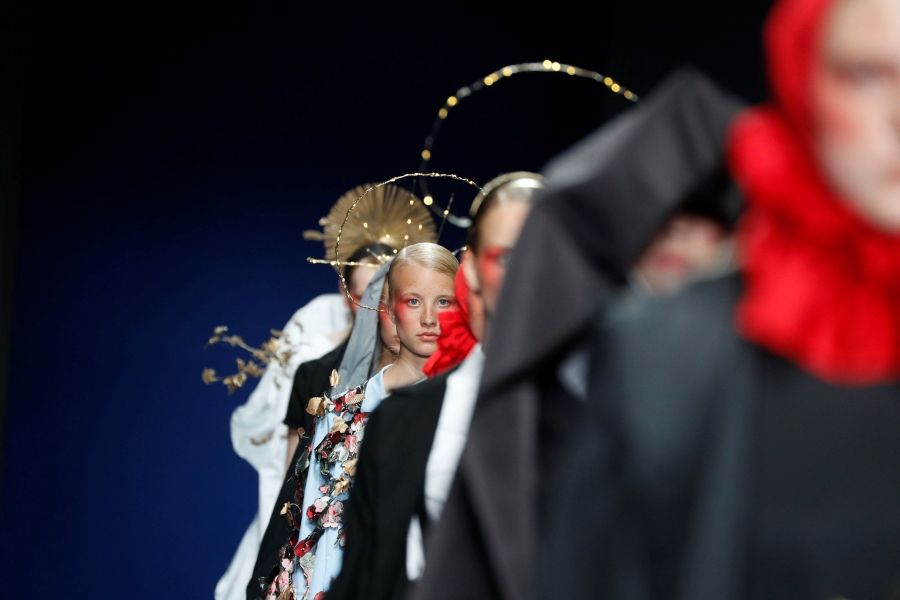
Do you think the fashion show format is overrated?
If you look at the 90s, it was a completely different landscape as far as shows were concerned. Each model had a distinct personality and presence. The show themselves were also joyful and emotional events. There was this sense of celebration that we sort of lost today. Throughout the years, models started becoming more anonymous, too, and you can’t rely on the clothes only to create the sort of emotion designers are looking for.
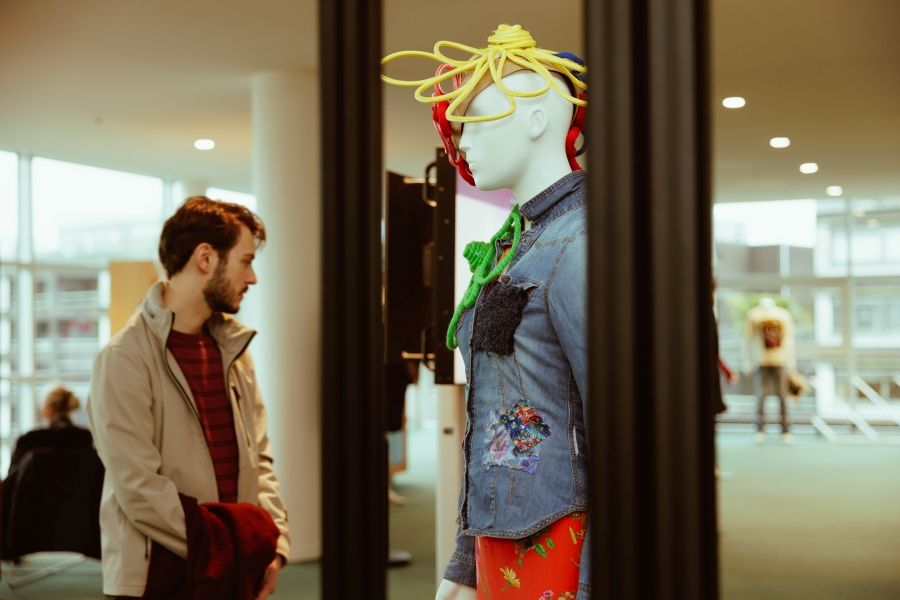
The Festival gives you a chance to experience separate events, which always remain on a human scale. Is this notion of intimacy important for you?
It’s always great to say you’ve had 10.000 people attending, but is it truly impactful? This year, we were focusing on quality, as opposed to numbers. Even though some events physically take place in front of smaller crowds, we document them for an online audience, too, and will be able to share them with more individuals. We offer different kinds of content, making a distinction between live and digital.
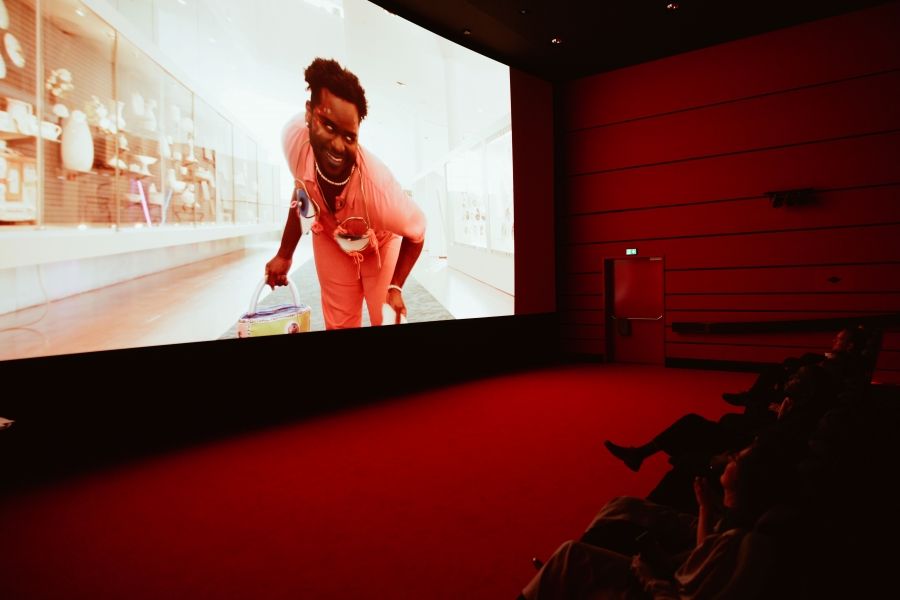
Fashionclash introduces new fashion films to audiences every year, but many insiders still struggle with this idea of fashion on film. Do you consider it as an art form or more of a commercial gesture?
Well, the beautiful thing about it is precisely that it can serve different purposes. If your film has commercial content, that’s fine by me. We see many brands hiring super creative directors to come up with an exciting proposal. Within our selection, we do focus on younger directors, but bigger brands should also use film more, because it really makes sense today. We live in a viral world and great films act perfectly within that context.
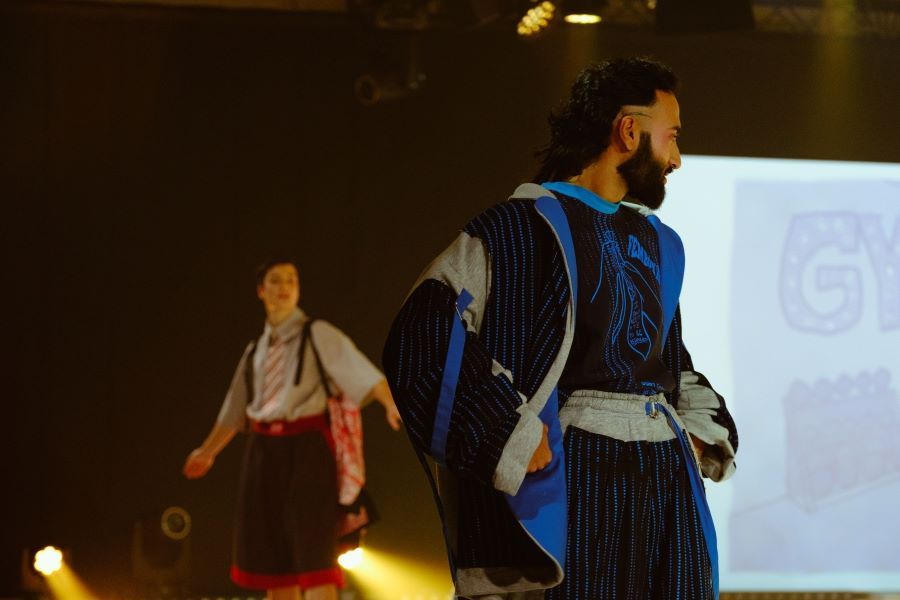
There is a new generation of editors and journalists in fashion, such as Aya Noël and Ayo Ojo (Fashion Roadman), which are quite critical of the industry. You invited them both to Maastricht this year. Why was it important to have them?
I think criticism is very important today. Critical voices are rare in fashion, and both Aya and Ayo happen to share similar thoughts and values. Actually, their vision isn’t that different from ours if you think about it. I find it great, and reassuring, to see a young generation embrace critique and look at the fashion system with some sort of critical distance.
